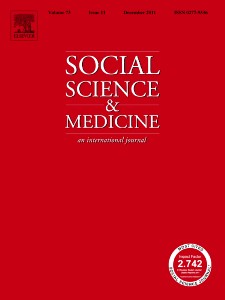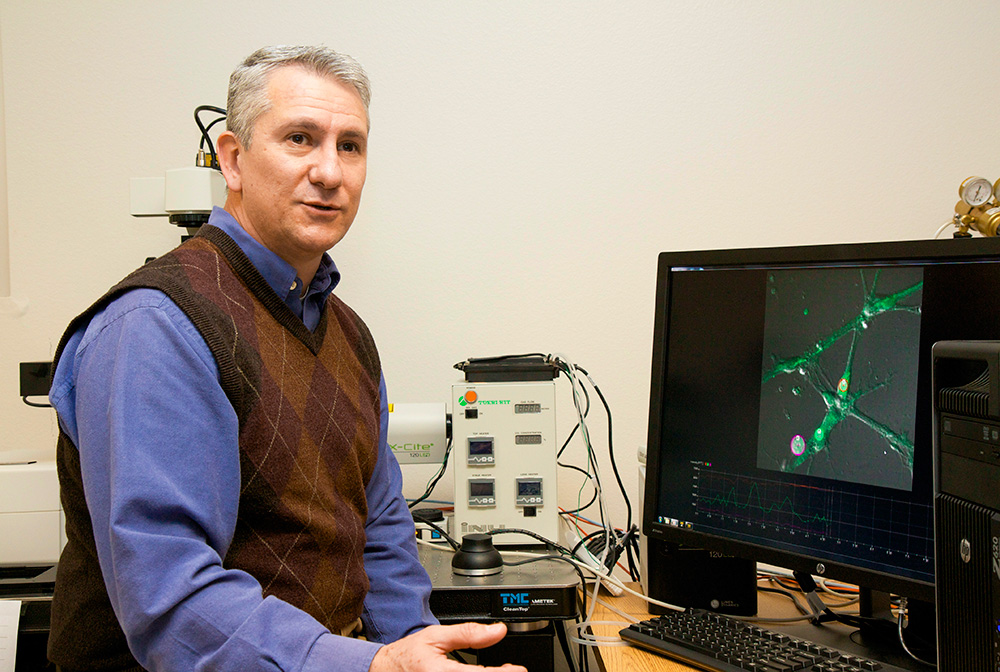
Researchers from the University of Texas, MD Anderson Cancer Center have retracted a 2015 paper after they discovered their samples had been compromised.
Exactly how the samples were compromised, and how and when the researchers found out, remains unclear.
Originally published March 30, 2015, in Cancer, “Genome-wide association study identifies common genetic variants associated with salivary gland carcinoma and its subtypes” reported that at least three protein-coding gene variants were associated with rare salivary gland cancers. In the paper, the authors — all but one of whom are affiliated with MD Anderson — cautioned that they still needed to confirm the findings and figure out the mechanism by which the genes might increase the risk of cancer.
On Oct. 23, 2017, the researchers asked the journal to either correct or withdraw the paper. According to the retraction notice issued Jan. 9, the researchers had discovered: Continue reading “The sampling had been compromised:” MD Anderson researchers retract cancer study








